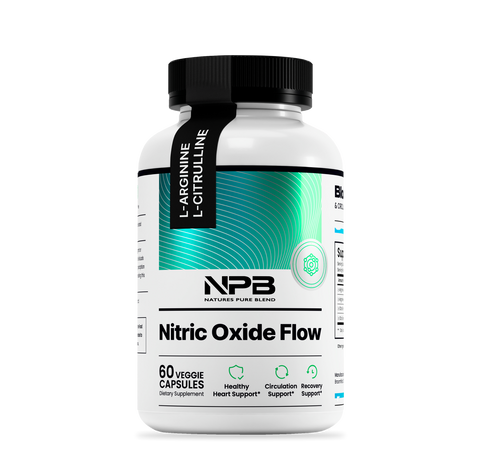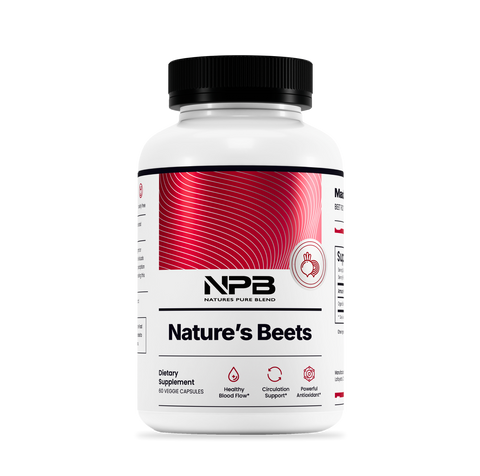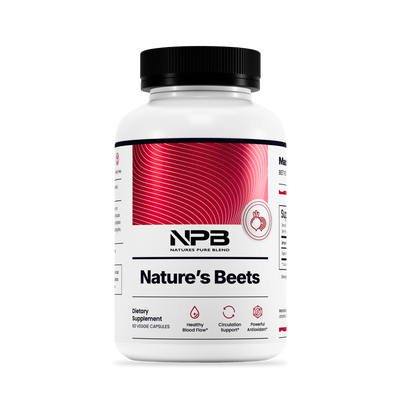High blood pressure often builds slowly and quietly. Many people walk around for years with elevated numbers and don’t even realize it. But when symptoms do appear, they’re your body’s way of saying something isn’t right. Ignoring these signs can put your heart, brain, and kidneys at risk over time. Here are **10 warning signs** that your blood pressure might be too high and needs your attention.
1. Persistent Headaches
Frequent headaches—especially in the morning or at the back of your head—can be an early sign that your **blood pressure is elevated**. These headaches are caused by increased pressure on the blood vessels in your brain, and they tend to worsen when left untreated. 1
2. Shortness of Breath
If you find yourself **out of breath** after mild activity like walking upstairs or doing housework, it could mean your heart is working too hard to pump blood through narrowed arteries. This reduced efficiency is often linked to high blood pressure. 2
3. Blurred or Double Vision
Changes in your eyesight, such as **blurriness or double vision**, may signal damage to the tiny blood vessels in your eyes caused by prolonged high blood pressure. In some cases, people even experience sudden vision loss. 3
4. Chest Discomfort
A feeling of **tightness, pressure, or aching in your chest** can indicate that your heart is under strain. High blood pressure makes the heart work harder, and over time, this added workload can lead to more serious complications like heart disease or heart failure. 5
5. Irregular Heartbeat
An **erratic or pounding heartbeat**, sometimes described as a fluttering in the chest, could mean your circulatory system is struggling to maintain normal rhythm due to high blood pressure. If this continues, it may increase the risk of stroke or heart complications. 6
6. Fatigue or Low Energy
Feeling unusually tired, mentally foggy, or **low energy** could mean your brain isn’t receiving enough oxygen-rich blood. High blood pressure affects circulation and can disrupt the way your body and mind function. 7
7. Frequent Nosebleeds
While nosebleeds can happen for many reasons, repeated or unexplained **nosebleeds** may be tied to spikes in blood pressure, especially if they occur alongside other symptoms. 7
8. Pounding Sensation in Ears, Chest, or Neck
That **thumping or pulsing feeling** in your ears, chest, or neck could be your heartbeat becoming more forceful due to elevated pressure in your arteries. It often becomes noticeable during physical activity or stress. 8
9. Trouble Sleeping
**Difficulty falling asleep**, waking up throughout the night, or experiencing loud snoring could all be linked to high blood pressure. Poor sleep quality affects how your body regulates pressure and increases cardiovascular risk. 9
10. Numbness or Tingling in Limbs
A **tingling or numb feeling** in your face, hands, arms, legs, or feet can result from restricted blood flow—one of the common consequences of sustained high blood pressure. 10
Conclusion:
Many of these symptoms are easy to ignore or explain away, but they may be the first clues that your blood pressure isn’t where it should be. Taking these signs seriously can help prevent more serious health issues in the future. If any of them sound familiar, **schedule a check-up** and start making small changes to protect your long-term health. Your body speaks in whispers before it screams—don’t wait until it’s too loud to ignore.















